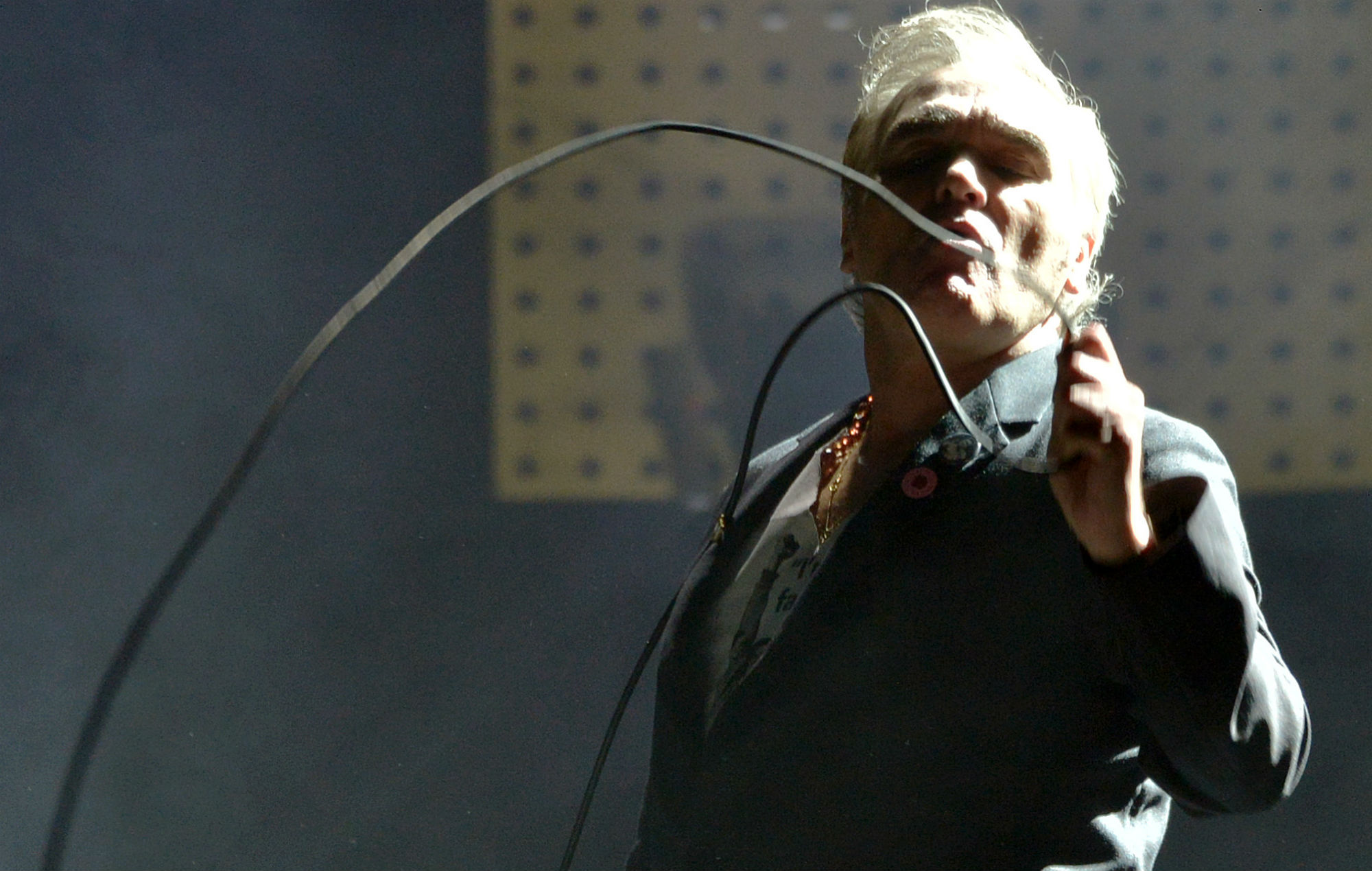
Somewhere between starting out as the lovable underdog that took on the movie studios, green-lit all the best indie movies and made their own flavour of Ben & Jerry’s, Netflix became a $33billion mega-corporation that kills off cinemas and stamps all over everyone’s favourite TV shows.
This month, Away, GLOW and Teenage Bounty Hunters have all been cancelled – joining a growing list of beloved Netflix shows that never made it past three seasons including The Dark Crystal: Age Of Resistance, Tuca & Bertie, The Punisher, Altered Carbon, Sense8, Jessica Jones, The OA, Santa Clarita Diet and Messiah. There are already rumours flying around about The Witcher. Basically, if you’re not watching Stranger Things or The Crown, don’t get too attached.

You can sign an online petition to try and save your favourite show (over 13,000 people are begging the company to bring GLOW back already) but it probably won’t do much good – Netflix have made it clear that they really aren’t bothered about keeping long-running shows clogging up their catalogue.
It might sound like an odd business model, but it actually used to make a lot of sense. Started in 1997 by two Silicon Valley geeks with a mail-out DVD rental idea, Netflix grew up quickly until it was able to make enough money to finance its own movies. Compared to wherever it’s heading next, the company is still very much in its infancy, still concentrating on growing its subscription base – presumably until everyone in the world is paying them at least £5.99 a month. Since nothing is more attractive to non-subscribers than the idea of watching something they can’t see anywhere else, the more new shows added every month, the more new subscribers are likely to sign up.

The official word on GLOW’s cancellation is that COVID-19 is to blame – with Netflix saying the virus “makes shooting this physically intimate show with its large ensemble cast especially challenging.” If they were being more honest, they might pinpoint those “challenges” to the extra financial cost associated with all the safety protocols needed on any new TV and movie set – with Netflix looking at their budget books and weighing the cost of a few bottles of hand sanitiser against the hundreds of thousands needed to keep a mid-performing show running after three mildly-successful seasons.
Sink that money into a new show instead and they can keep the never-ending pipeline flowing. A small percentage of angry GLOW fans will cancel their subscription in protest (but most won’t bother) and whatever new show gets made instead will hook in a whole new load of subscribers.

But what happens next? At some point soon, Netflix are going to reach a peak. Everyone who wants Netflix will already have it, they’ll probably be a dozen other competitors fighting over the same chunk of money, and we’ll all have to make a choice every month about sticking or ditching our subscription.
We recently asked Twitter what was most likely to cause you to cancel Netflix, and the results were pretty revealing:
Now that 'GLOW' and 'Teenage Bounty Hunters' have joined the growing list of cancelled Netflix series, we want to know, what would make you ditch your subscription?
— NME (@NME) October 16, 2020
For most people, money is the biggest worry. As we step into a global recession, more of us will be watching our direct debits than ever before – and £8.99 a month (packages start at £5.99 for standard definition – only suitable for those living in 2002 – before rising to £11.99 for a premium subscription) is already a bit steep. £107.88 a year might not seem like a fortune for everything that Netflix offers, but its only one part of the picture if you want to access all the streaming “channels” including Amazon Prime Video (£79 per year), Apple TV+ (£59.88), Disney+ (£59.99), NOW TV (£95.88) and BritBox (£71.88), making it a whopping £474.51 per year before you even start forking out for catalogue services like Mubi, Curzon and Shudder (and don’t forget your licence fee…)
If Netflix start jacking up the price, a lot of us might start to question what we’re actually paying for – especially if we have a load of other streaming sites to choose from. And what if those other sites show a bit more willingness to invest in customer loyalty by not cancelling all our favourite TV shows? 21% of you said more cancellations would make you rethink your subscription, and it’s easy to see why when you look at the long string of shows that have basically been dangled as bait to sucker you into forgetting about your monthly payment.

Maybe most revealing of all though is the 19% that said nothing would ever come between them and their love of Netflix. In 2019, the streamer released over 371 TV shows and movies – racking up between 30 and 50 new original titles a month in 2020. Whether all of those films were any good (A Christmas Prince: The Royal Wedding is probably not up there with The Irishman), and whether any of those TV shows will make it further than three seasons or not is another question, but a large number of us are obviously happy to keep on giving Netflix our money anyway.
Whatever happens over the next few years, Netflix need to start rethinking their strategy. New business is important, but not if it comes at the cost of pushing out their existing fanbase. Running one of the biggest studios in the world is expensive, but the money will dry up fast if people think it’s not worth paying for. Prestige dramas need time and space to mature slowly into classics; daring, different TV shows need a bit of support to really make their mark; and Netflix need to start pushing quality over quantity if they want to win the streaming war and keep the audience on their side.
The post When did Netflix become the bad guy? Making sense of the streamer’s brutal content strategy appeared first on NME Music News, Reviews, Videos, Galleries, Tickets and Blogs | NME.COM.







